presidential decision-making: the atomic bomb overview should the united states have used the atomic bomb against the japanese during
Presidential Decision-Making: The Atomic Bomb
Overview
Should the United States have used the atomic bomb against the
Japanese during WWII? After more than 50 years this question still
remains controversial, stirring up strong feelings and heated debates.
This lesson asks students to address this topic in a scholarly and
objective manner. By setting themselves within the context of 1945
America, and understanding the arguments on all sides of the debate,
students will gain an understanding of the complexities of
presidential decision-making while being allowed to come to their own
educated decision regarding the use of the bomb.
In 1945, the decision to use the bomb lay ultimately in the hands of
President Truman. The President, however, did not make his decision in
a vacuum, but sought the advice of many experts. In this lesson,
students will take on the roles of these contemporary historical
figures. They will become “experts” on their character, learning the
arguments for and against the dropping of the bomb. Then, in an
advisory conference format, each will present and defend their
assigned position for or against the use of the bomb. The lesson will
culminate with the students writing and defending their own, personal
position on the use of the bomb.
*A basic understanding of World War II history is necessary for
completion of this activity.
Time Required
One to two class periods will be needed to complete this activity –
less class time will be needed if research and writing is done outside
of class.
Procedure
=========
1.
The question of whether the dropping of the atomic bomb on Japan
was the right thing to do is still one of the most highly debated
topics among Americans. An initial discussion might focus on the
moral issue, since the issues surrounding the decision touch on
core values of each individual. Should there be moral rules in
war? What constitutes a violation of those rules? Who should
decide what the moral boundaries are? Teachers also might ask
students to write an initial opinion concerning the bomb decision.
These opinions can then be compared with the final essays – did
critical study of the presidential decision cause students to
change their opinions, or did it serve to reinforce them?
2.
Pass out the ROLE CARDS, giving students time to read the
descriptions. It would be best not to allow students to trade
cards with others or chose their own role since part of the
exercise is defending a position regardless of whether or not you
agree with it. NOTE: since only sixteen cards are provided, if you
have a larger class you have several options:
a.
You can create two large groups. At the end of the activity you
can compare the decisions reached by each group.
b.
Additional role cards can be created emphasizing other people who
were not necessarily part of Truman’s inner circle. Examples could
include average American soldiers, U.S. citizens, or Japanese
citizens.
3.
Students should create name cards to identify their role
throughout the simulation.
4.
Divide the class into four groups as described below, and have
them share their positions. Remind the students to stay in
character throughout the simulation and argue only for their
assigned position.
*
President Truman
*
Political Appointees - Byrnes, Stimson, Bard, Conant, Bush
*
Scientists - Oppenheimer, Compton, Teller, Szilard, Franck
*
Generals - Marshall, Leahy, Eisenhower, Groves, Arnold
5.
Each group should debate the various options coming up with a
recommended plan of action for the president. Each participant
must either sign onto the plan or write his or her own dissenting
viewpoint. The question to be decided is, "Should President Truman
drop the atomic bomb on Japan and why?" The groups should debate
other alternatives and feel free to offer them such as, "Would a
demonstration explosion or a specific warning be useful?" Three
reasons should be given for the final decision that the group
comes up with.
6.
In a meeting of all members under the direction of the
decision-maker, President Truman, group leaders will present their
plan to the President. Dissenters will have an opportunity to
express their dissenting viewpoints. The President should feel
free to have other members question a specific group's plan.
7.
The President should make his decision and announce it to the
class.
8.
At the conclusion of the simulation, ask students to write a short
essay on their personal opinion concerning the use of the atomic
bomb. They will need to defend their position as the best and give
reasons for why other alternatives would not have worked.
Role Cards
President Harry S. Truman
The atomic bomb is a terrible weapon that must only be used on
military targets. The most important thing for you is to end the war
as quickly as possible. However, to make a good decision, you need to
carefully evaluate all of the advice available to you.
George C. Marshall, Army Chief of Staff
---------------------------------------
You have long advocated a plan to force the Japanese to surrender.
Diplomacy has produced results but not to the extent of ending the
war. Using the atomic bomb is one way to force an “unconditional
surrender.” If the President believes that this is the best way to end
the war, then you support the use of the bomb.
Arthur Holly Compton, physicist and scientific advisor to President
Truman
-------------------------------------------------------------------
You believe that the atomic bomb can be used for military purposes. A
demonstration cannot be made to work; however, you have sympathy for
the views of Leo Szilard. You believe that he raises good questions
that must be addressed.
Leslie R. Groves, Commanding General of the Manhattan Project
-------------------------------------------------------------
In order to defeat Japan, we must use the bomb. The sudden shock and
surprise of the bomb will force Japan to surrender. Furthermore, as
director of the atomic bomb building project, you want to see the
weapon used. It was one of the most expensive projects in military
history, and you want to make sure that the atomic bomb makes a
contribution to the war.
James Franck, physicist
-----------------------
You head a committee of scientists protesting the use of the atomic
bomb as a military weapon. The development of nuclear power is
dangerous. A demonstration should take place to show the nations of
the world the power that the U.S. has harnessed. Also, an
international agreement should follow the demonstration so that an
arms race does not develop. The last thing we need is a world filled
with thousands of atomic bombs.
J. Robert Oppenheimer, Director of the Manhattan Project’s Research
Laboratory
-------------------------------------------------------------------
As the chief scientist on the production of the atomic bomb, you
believe that it has important military uses. A demonstration of the
bomb would not be enough to cause Japan to surrender. By using the
bomb, you hope to avoid a costly invasion of the Japanese mainland
island.
William D. Leahy, Chief of Staff to the President and Fleet Admiral
-------------------------------------------------------------------
It is your opinion that the atomic bomb is of no military use because
the Japanese are already defeated and ready to surrender. If the U.S.
becomes the first to use the weapon then we will have adopted the
ethical standard of barbarians. Atomic weapons are similar to poison
gas – both are barbaric.
Dr. Vannevar Bush, Director of the Office of Scientific Research and
Development
--------------------------------------------------------------------
Your initial thoughts were that a demonstration should take place
either on enemy territory or in the U.S. However, when considering the
current situation, you believe that the atomic bomb will create a
powerful psychological shock to the people of Japan, such that they
will want to surrender immediately.
James F. Byrnes, Secretary of State
-----------------------------------
You favor the immediate use of the atomic bomb. A warning would not be
wise because it may give time for the Japanese to move American
prisoners of war to the target site. Also, an air dropped atomic bomb
has never been tested. If we announce a test and then the test fails,
we would look foolish to the Japanese, and it might encourage them to
continue their fighting.
Dwight D. Eisenhower, General of the U.S. Army
----------------------------------------------
It is your understanding that Japan is already defeated, thus an
atomic attack is completely unnecessary. Furthermore, the U.S. should
not shock the world with such a weapon. A surprise use of the bomb
would damage the respect that we have built up in the world community.
James B. Conant, Chairman of the National Defense Research Committee
--------------------------------------------------------------------
At first, you advocated a demonstration strike, but as you researched
the situation you came out in support for a real-world use of the
bomb. A city with many war factories should be the target. However,
you believe that caution should be used with such a weapon. The atomic
bomb is so dangerous that international control should be placed on
the technology. No one country should have a monopoly on its use.
Ralph Bard, Under Secretary of the Navy
---------------------------------------
As a member of the Interim Committee commissioned by President Truman
to decide how to use the bomb, you have been highly involved in the
discussions. You feel that Japan may be searching for an opportunity
to end the war. This possibility should be given a chance.
Furthermore, you think that a warning should be given before the bomb
is dropped. A two to three day warning would demonstrate that the
United States is a humanitarian nation.
Leo Szilard, physicist
----------------------
You originally persuaded President Roosevelt to approve a plan to
develop an atomic bomb. But your original intention was to create an
A-bomb before Germany did. Because of the Holocaust, it was necessary
to use such a destructive weapon. After Germany was defeated on May 8,
1945, there was no need to use the atomic bomb. In addition, the use
of such a weapon could lead to a proliferation of similar weapons that
would threaten future generations. To use it now would be an
international crime.
Henry Arnold, Commanding General, U.S. Army Air Force
-----------------------------------------------------
The current bombing campaign against Japan has brought the country
just about to its knees. The atomic bomb will not push the Japanese to
surrender any faster than the thousands of regular bombs that we are
dropping on them daily.
Edward Teller, Manhattan Project physicist
------------------------------------------
The atomic bomb is an astounding achievement of American science. Its
potential, as a tool of power, should not be restrained. It gives the
U.S. the advantage over every other country. We should not be afraid
to use it. Nor should we stop with production. An arsenal of nuclear
weapons will ensure a long and stable peace.
Henry L. Stimson, Secretary of War
----------------------------------
You have been involved in the program to develop the atomic bomb for a
number of years now. It is your opinion that the atomic bomb should be
used to make a profound psychological impact on the Japanese people.
If the bomb can speed up the end of the war then it should be used. A
city with many war factories should be bombed, but not the capital.
25
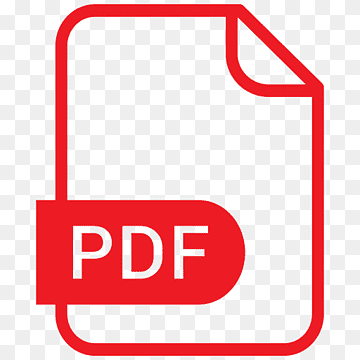 ESTUDIO%20COMPARATIVO%20DEL%20CEFALOGRAMA%20DE%20KIM,%20STEINER%20Y%20PROYEC
ESTUDIO%20COMPARATIVO%20DEL%20CEFALOGRAMA%20DE%20KIM,%20STEINER%20Y%20PROYEC P MINISTERIO DE EDUCACIÓN UNIVERSIDAD TECNOLÓGICA NACIONAL RECTORADO ÁGINA
P MINISTERIO DE EDUCACIÓN UNIVERSIDAD TECNOLÓGICA NACIONAL RECTORADO ÁGINA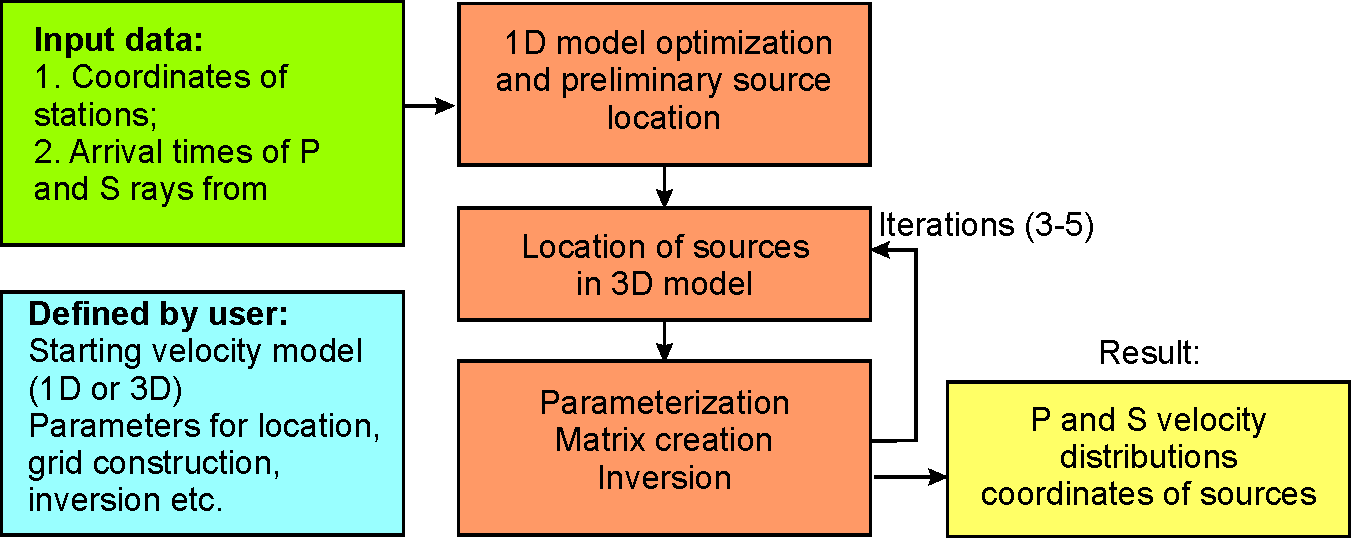 Local Tomography Software Lotos09 (version of February 2009) Contact
Local Tomography Software Lotos09 (version of February 2009) Contact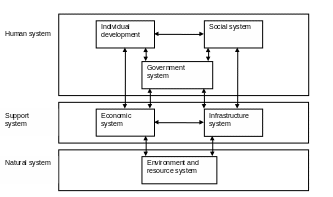 FRAMEWORK ON INDICATORS FOR EDUCATION FOR SUSTAINABLE DEVELOPMENT SOME
FRAMEWORK ON INDICATORS FOR EDUCATION FOR SUSTAINABLE DEVELOPMENT SOME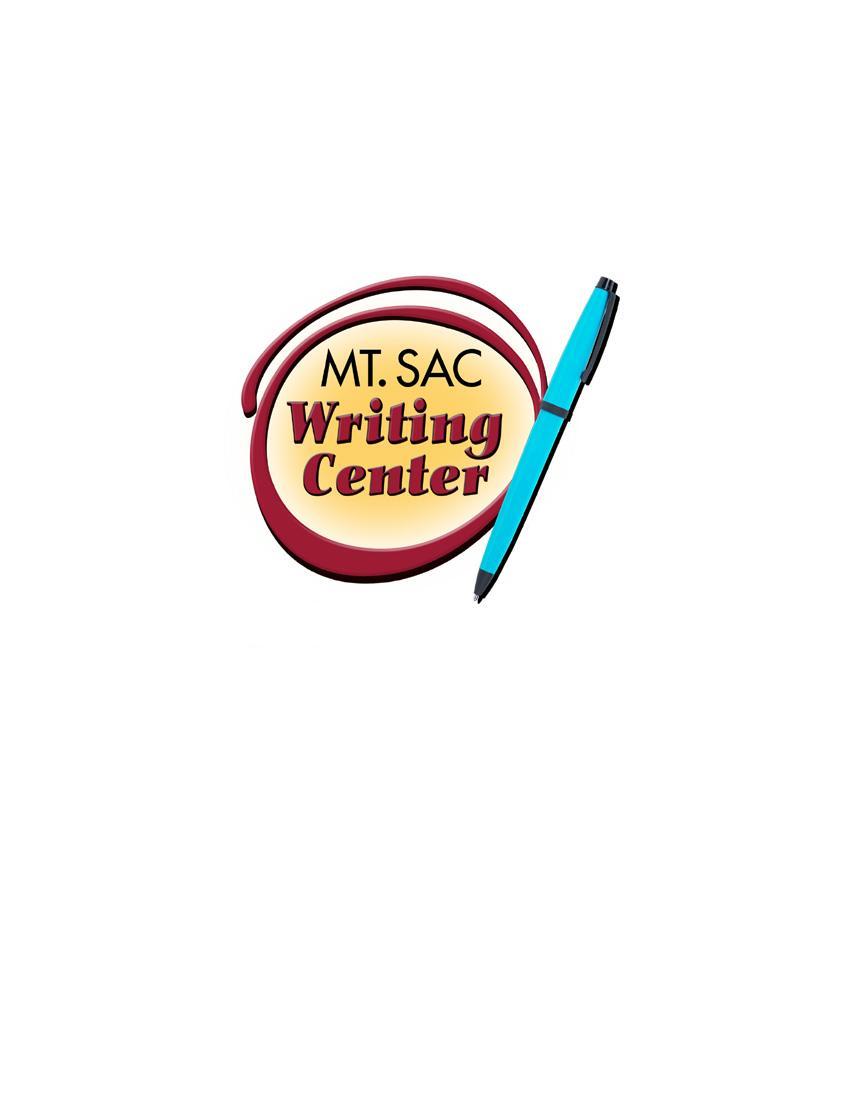 C THE WRITING CENTER REALGRAMMAR™ HANDOUTS OMMA SPLICES AND
C THE WRITING CENTER REALGRAMMAR™ HANDOUTS OMMA SPLICES AND NAME SHENGHE WANG TITLE ASSISTANT PROFESSOR OFFICE K2042 PHONE
NAME SHENGHE WANG TITLE ASSISTANT PROFESSOR OFFICE K2042 PHONE I OVERVIEW FOR FEDERAL PRISON INDUSTRIES INCORPORATED A GENERAL
I OVERVIEW FOR FEDERAL PRISON INDUSTRIES INCORPORATED A GENERAL MINISTERIO DE DUCACION ANEXO I DEL PLIEGO DE CONDICIONES
MINISTERIO DE DUCACION ANEXO I DEL PLIEGO DE CONDICIONES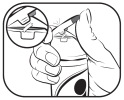 BIJSLUITER INFORMATIE VOOR DE GEBRUIKER VOLTAREN EMULGEL EXTRA STERK
BIJSLUITER INFORMATIE VOOR DE GEBRUIKER VOLTAREN EMULGEL EXTRA STERK